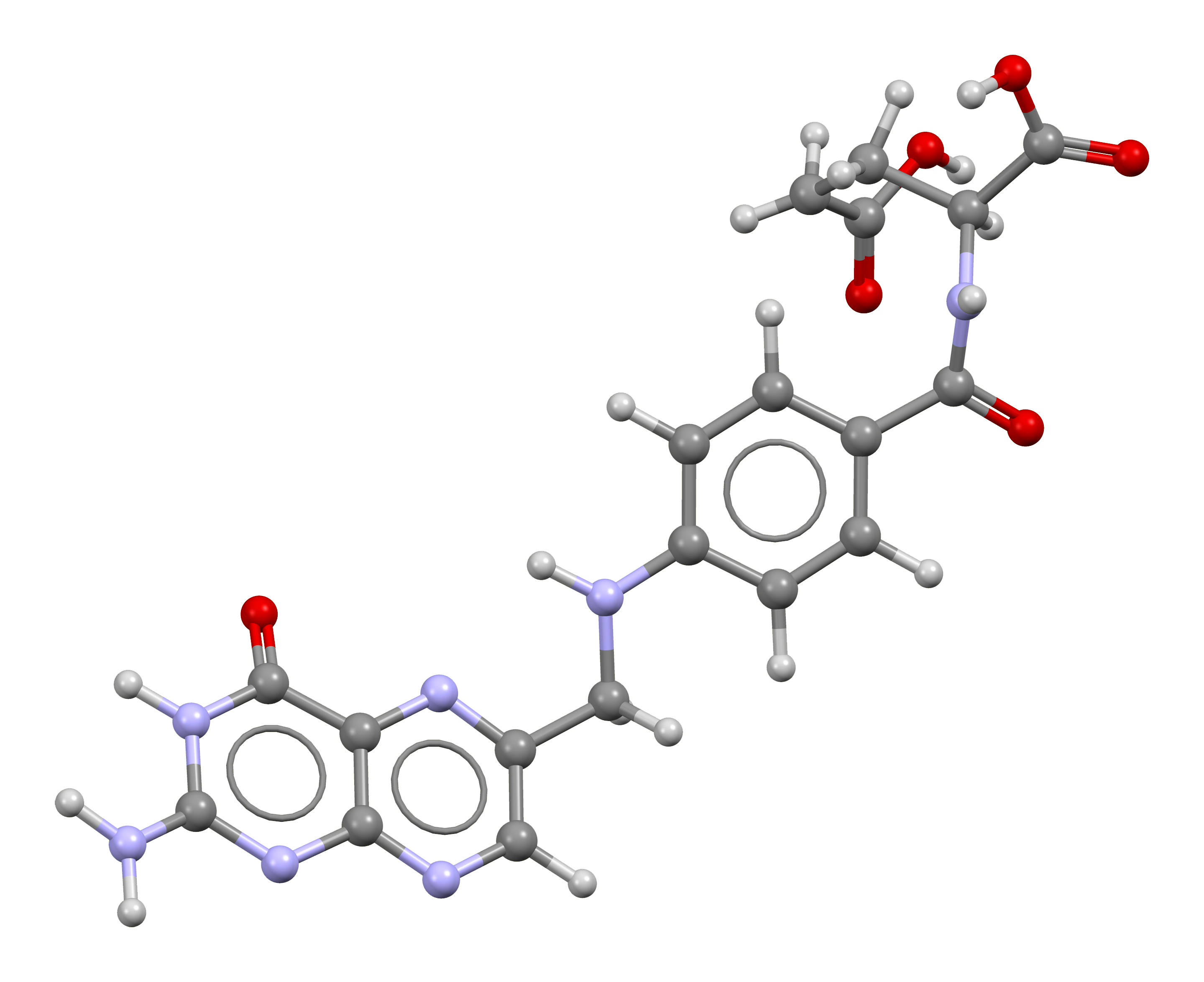Blood Chemistry 101 from a Functional Medicine Perspective
- Introduction to Blood Test Analysis
- Understanding Complete Blood Count (CBC)
- Insight into Complete Metabolic Panel (CMP)
- Studying Vitamin D
- Inflammation Markers - CRP
- Decoding Thyroid Markers
- Iron Markers
- Lipid Panel Assessment
- Micronutrient Markers: Folate, Vitamin B12
- Micronutrient Markers: Zinc, Copper, Magnesium
- Other Key Blood Chemistry Markers
- Implementing Lifestyle Recommendations for Improved Markers
- Pulling It All Together – Your Personal Health Assessment
Micronutrient Markers: Folate, Vitamin B12
Functional Medicine Approach to Folate and Vitamin B12 Levels

Chemical compound.
Functional medicine is a holistic, patient-centered approach to healthcare that focuses on identifying and addressing the root cause of disease. It views the body as an integrated system, not a collection of independent organs divided by medical specialties. This approach is particularly useful when dealing with micronutrient markers like Folate and Vitamin B12, as it considers the whole body and lifestyle factors that can influence these levels.
Understanding Folate and Vitamin B12 in Functional Medicine
In functional medicine, the optimal ranges for Folate and Vitamin B12 may be narrower than the standard laboratory ranges. This is because functional medicine practitioners aim to achieve optimal health, not just the absence of disease. They consider the unique genetic makeup of each individual, along with both internal (mind, body, and spirit) and external (physical and social environment) factors that affect total functioning.
Lifestyle and Dietary Changes
Functional medicine often emphasizes lifestyle and dietary changes to maintain optimal levels of Folate and Vitamin B12. This could include:
-
Dietary adjustments: Incorporating foods rich in Folate and Vitamin B12, such as leafy green vegetables, fortified cereals, and animal products, can help maintain optimal levels.
-
Gut health: Since these nutrients are absorbed in the gut, maintaining good gut health is crucial. This might involve probiotics, prebiotics, or other gut-supporting interventions.
-
Stress management: Chronic stress can impact nutrient absorption and utilization. Techniques such as mindfulness, yoga, and other stress management strategies can be beneficial.
Role of Supplementation
While diet is the best source of these nutrients, supplementation might be necessary in some cases. For instance, individuals with certain genetic mutations may have difficulty converting dietary Folate to its active form and may require a specific type of supplement. Similarly, those with poor absorption or vegan/vegetarian diets might benefit from Vitamin B12 supplements.
However, supplementation should always be personalized and done under the guidance of a healthcare provider, as excessive intake can also have adverse effects.
Case Studies
Real-life examples can provide valuable insights into managing Folate and Vitamin B12 levels through functional medicine approaches. These case studies often involve comprehensive health histories, personalized treatment plans, and follow-up assessments to track progress and make necessary adjustments.
In conclusion, the functional medicine approach to Folate and Vitamin B12 levels involves a comprehensive understanding of the individual's health, lifestyle, and diet. It emphasizes optimal health rather than just the absence of disease, and it often involves personalized strategies to maintain optimal micronutrient levels.